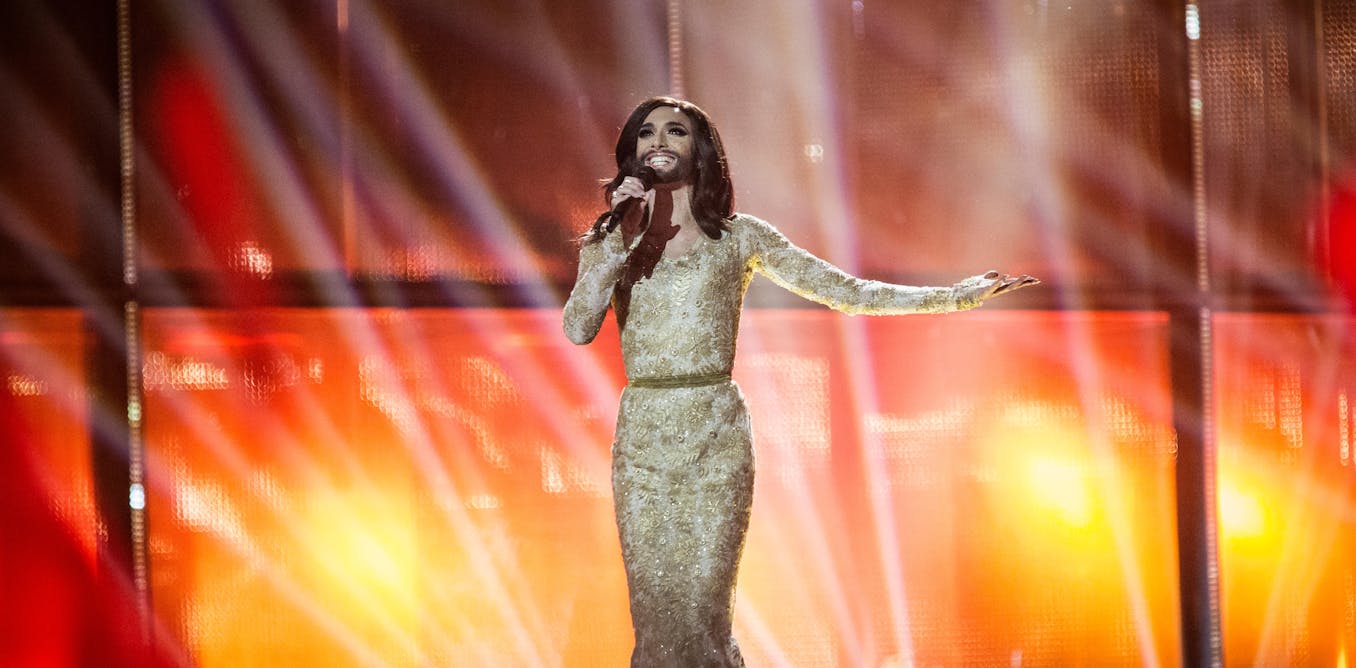The 'gay world cup': why LGBTQ+ audiences love Eurovision 
In 1956, seven European countries – Belgium, France, Italy, Luxembourg, the Netherlands, Switzerland and West Germany – gathered in Lugano, Switzerland for the first ever Eurovision Song Contest. The competition was only broadcast in select countries, meaning only a small number of viewers watched Swiss entry Lys Assia win the grand prize with the song Refrain.Over the years, the contest has become a glitzy, kitschy spectacle of both the beautiful and the bizarre, drawing in over 160 million viewers at last year’s event. In 2023, Eurovision returns to the UK (last year’s runners up) on behalf of 2022 winners Ukraine for the first time since 1998, a day few anticipated after years of zero success.
Continued here

